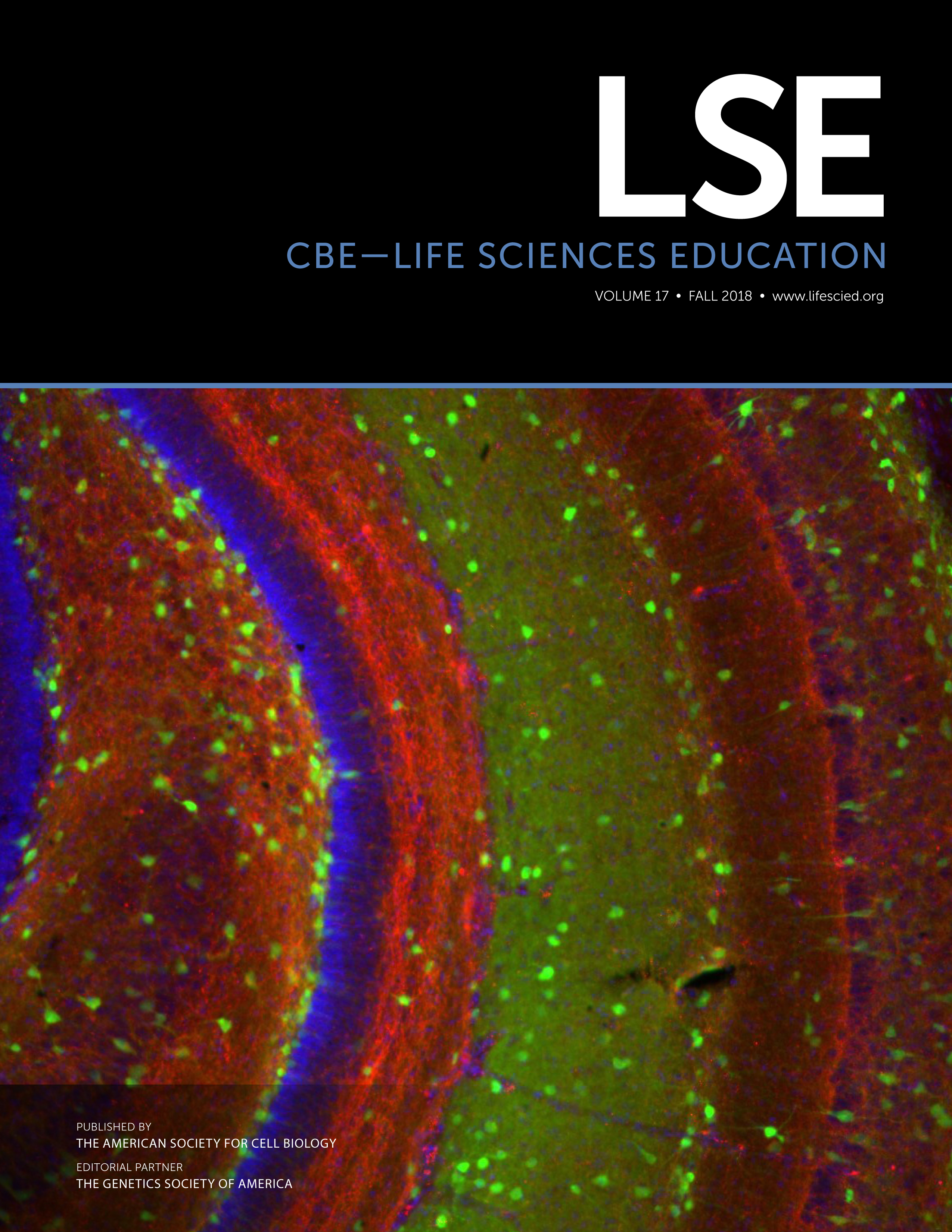Error-Discovery Learning Boosts Student Engagement and Performance, while Reducing Student Attrition in a Bioinformatics Course
Abstract
We sought to test a hypothesis that systemic blind spots in active learning are a barrier both for instructors—who cannot see what every student is actually thinking on each concept in each class—and for students—who often cannot tell precisely whether their thinking is right or wrong, let alone exactly how to fix it. We tested a strategy for eliminating these blind spots by having students answer open-ended, conceptual problems using a Web-based platform, and measured the effects on student attrition, engagement, and performance. In 4 years of testing both in class and using an online platform, this approach revealed (and provided specific resolution lessons for) more than 200 distinct conceptual errors, dramatically increased average student engagement, and reduced student attrition by approximately fourfold compared with the original lecture course format (down from 48.3% to 11.4%), especially for women undergraduates (down from 73.1% to 7.4%). Median exam scores increased from 53% to 72–80%, and the bottom half of students boosted their scores to the range in which the top half had scored before the pedagogical switch. By contrast, in our control year with the same active-learning content (but without this “zero blind spots” approach), these gains were not observed.



